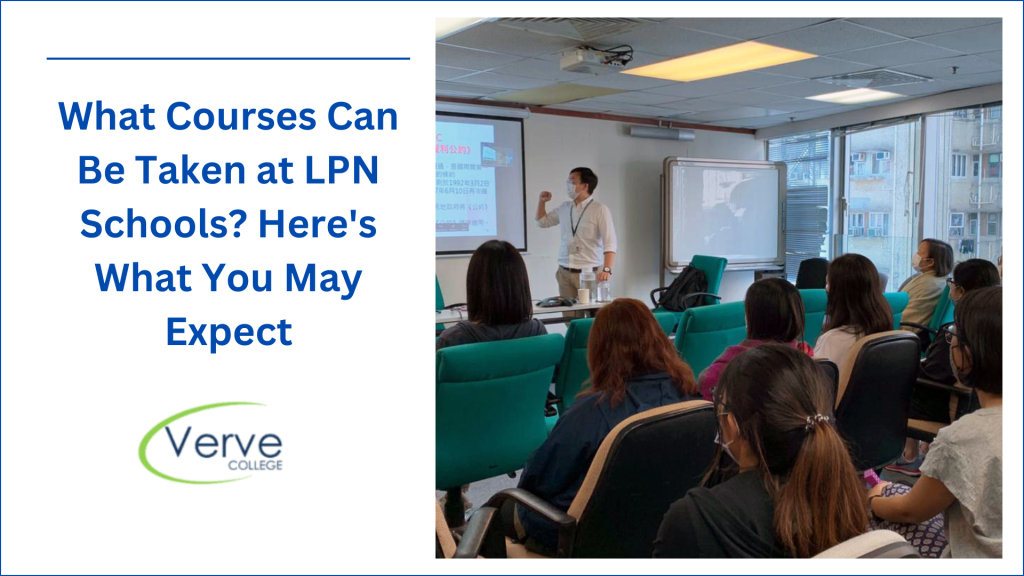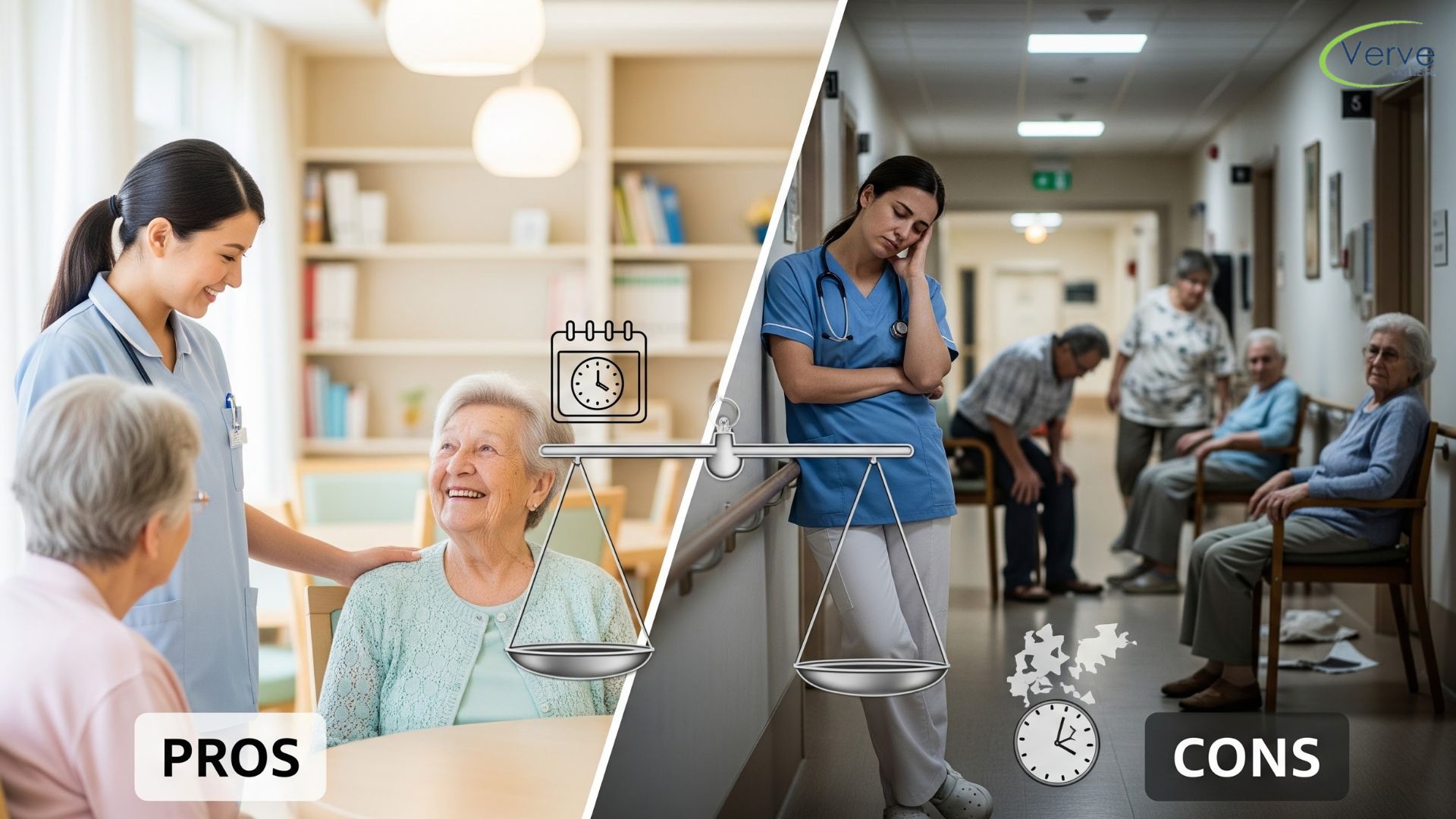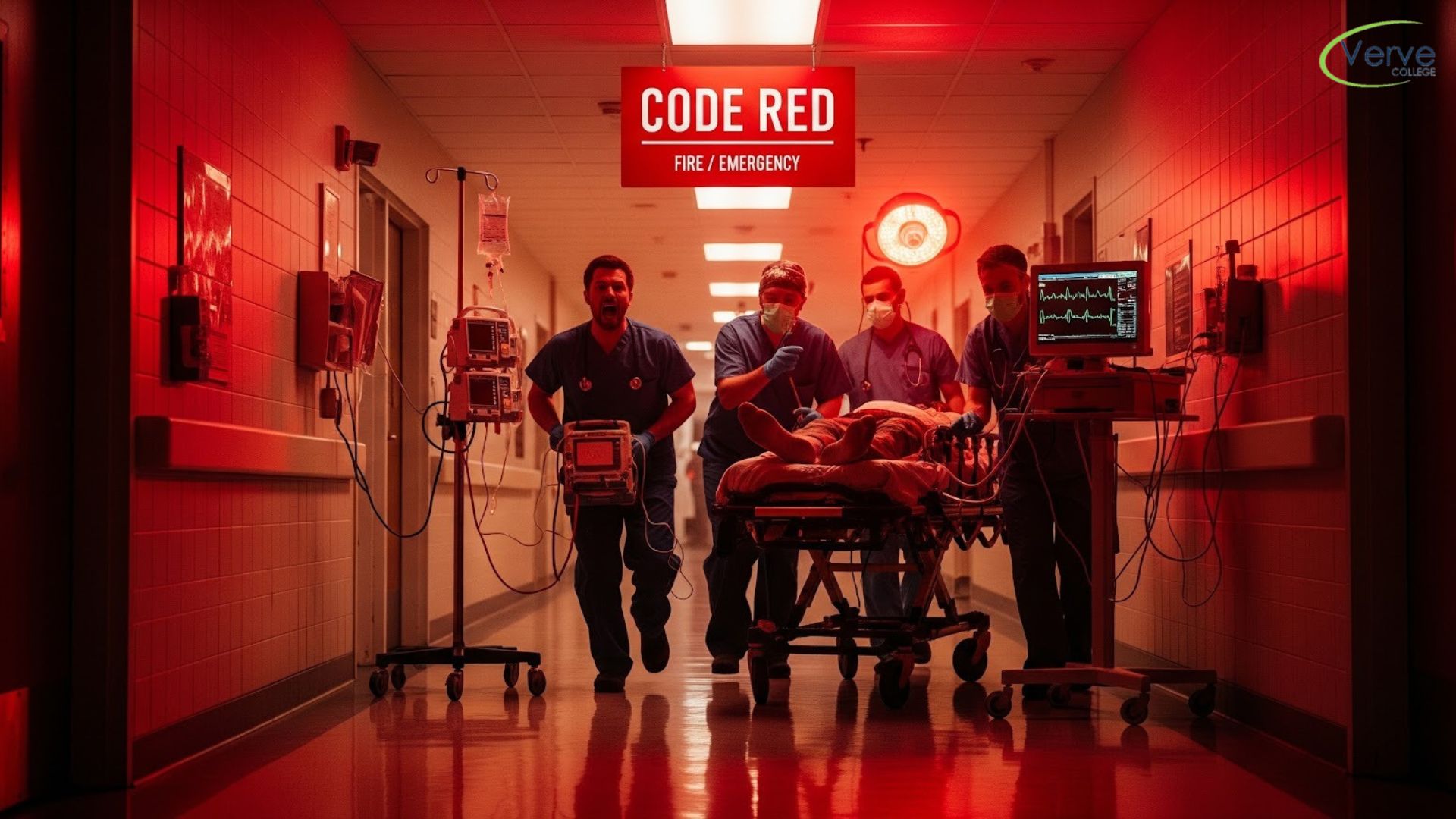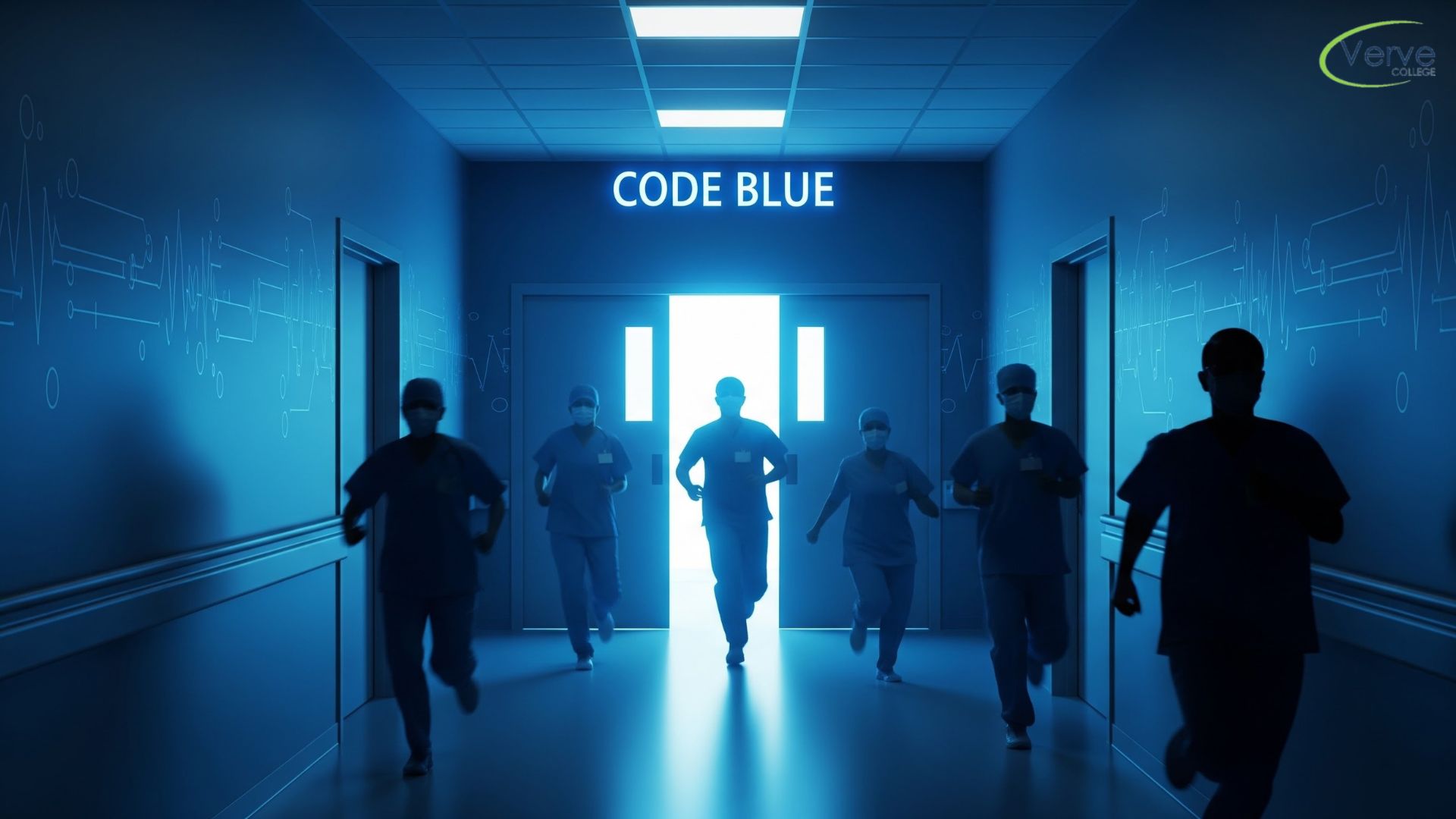- Oak Brook:(630) 705-9999
- Chicago:(312) 920-8822
- Email:inquiry@vervecollege.edu
- Make a Payment
- Home
- Programs
- Admission
- Resources
- ATI Entrance Exam Resources
- New E-Digital Library
- Refer a Friend
- School Newsletter
- Events
- Employers
- Job-Network
- Alpha Beta Kappa Candidates
- Verve College Library
- Graduation and Pinning Ceremony Photo Galleries
- Textbook Information
- Career Services
- Tutoring
- School Catalog
- FAQ
- Constitution Day Program
- Alumni
- Verve College Plans
- Financial Aid
- HEERF Reporting
- Satisfactory Academic Progress
- Apply For Financial Aid
- Net Price Calculator
- Return of Title IV Funds (R2T4)
- Financial Aid Office Code of Conduct
- Contact
- FAQs
- Verification Policy
- Vaccination Policy
- Student Right-to-Know Act
- Misrepresentation
- Information Security Program
- Academic Award Year
- Availability of Employee
- Cost of Attendance
- Health & Safety Exemption Requirement
- Students Rights and Responsibilities
- Leave of Absence
- Pell Formula
- Military Students
- Grants/ Scholarship Policy
- Contact Us
- Testimonials
- Blog
Is a Nursing Career Right For You?
Take The Free Quiz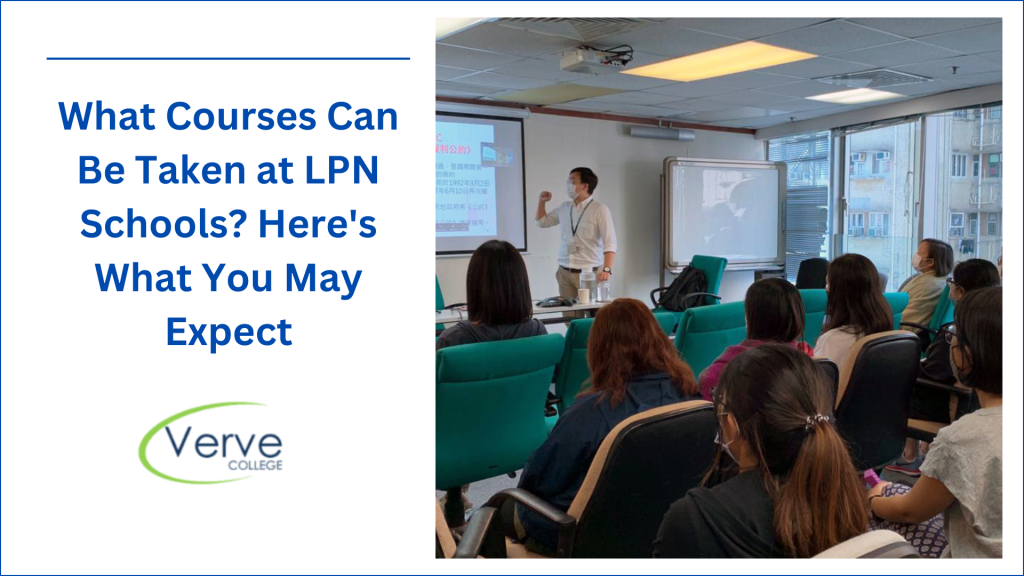
What Courses Can Be Taken at LPN Schools? Here’s What You May Expect
What Courses Can Be Taken at LPN Schools? Here’s What You May Expect
Nursing and healthcare services jobs require at least an associate’s level. A wide range of people requires a bachelor’s degree or higher. Licensed practical nurse programs positions are exempt from this requirement. You will attend a formal training program to earn a diploma. The process will generally take about a year for a career in nursing.
For someone looking to join the workforce quickly or for someone who is trying to decide if the field of nursing is the right career path, the non-degree route is attractive.
LPN Class Line-Up at Licensed Practical Nursing Schools
While the LPN classes you take may vary depending on your educational program, there is a general structure that you can expect for an advanced practice nurse.
- Introduction And EthicsiIn Nursing–These foundational courses are your first. These education courses will give you a general nursing overview and help you understand your nursing role in the healthcare field industry.
- Science Courses– You will learn the science in nursing needed to be an LPN. This generally refers to anatomy, physiology, and basic nutrition.
- The nursing skills course will help you to fulfill your job duties and also help in job growth. You will learn how to evaluate patients take charts, and administer medication.
- The Patient Care Classes-This class will show you how to ensure your patients get the best possible care. You will learn the best methods to communicate with patients and how you can help with patient hygiene and mobility.
- Specialty Courses– The population and specialties courses will give you an overview of how to work in various settings. You will learn how to provide nursing care to children and elderly patients, as well as how to work in special settings such as emergency rooms, rehabilitation units, and neonatal units.
Related:-10 Tips To Increase Opportunity of Getting into LPN Schools?
Classes, Labs, And Real-World Nursing
According to a content specialist at a staffing agency, Licensed practical nurse programs typically consist of classroom work, skills-based laboratories, and rotating clinical hours in partner facility facilities. They say that classroom work is often focused on test-based learning with frequent, often weekly, quizzes and exams. The skills learned are tested in a laboratory and the field. According to a content specialist, skills-based labs are performed within the nursing program’s labs. Students can advance practice skills on dummies with real equipment before going out and practicing on real patients. Students will be able to shadow working nurses and get real patient care.
How Long Will It Take?
Most licensed practical nurse programs last about one year. However, some programs can take as little as seven months, others as long as 24 for specialty certifications, but our LPN programs take up to 14-15 months to complete.
What Will You Learn?
The LPN program will equip you with the necessary skills to become a successful nurse. You will learn the following:
- Anatomy and physiology
- Basic nursing knowledge
- Nutrition
- Medical-surgical nursing in a medical facility
- Emergency care
- Pediatric Nursing
- Nursing for the pregnant
An LPN program provides a comprehensive education program that will help students just starting in nursing. According to a content specialist, LPN courses are designed to train students to think and act as nurses, and daily tasks or activities focus on patient basic care and mental health care.
Are There Any Online Programs?
Your college diploma in nursing can be obtained online, as with most nursing programs. However, part of your education will require you to attend in-person classes. You will need to have practical experience while working towards your LPN license. These hours will be performed in hospitals, nursing homes, or other clinical practice settings. Your program and your state will determine the exact hours required. This means you can generally take your classes online. The program will assign your locations to complete your clinical hours. You might be able to take anatomy and physiology online. Still, you will need to spend time in person at an emergency room to fulfill your requirements for emergency nursing, or you can find LPN schools near me for a nursing license.
Before You Start Your Studies, Here Are Some Things To Consider
Once you have decided that a licensed practical nurse program is right for you, there are some things to consider. These things will help you get started and finish your studies more easily. Before you commit to becoming an LPN, there are some things you should consider.
Are There Prerequisites?
Generally, yes. Most LPN programs are at community colleges, trade schools, or technical schools. You will need to meet the school’s entry requirements before you apply. These requirements can vary from school to school. However, most schools require a high school diploma. Some schools might require you to pass an English proficiency or entrance exam (practice exam).
You might need to have additional requirements for the LPN program. You might have to have taken high school biology and several math courses. These classes may not have been taken in high school. You might have to take them at school before applying for the LPN program in licensed practical nursing schools.
Want to Make a Career in Nursing? Get More Information About Our Courses!
You might have to meet certain requirements to be able to work in a clinical setting. These requirements often include the following:
- Current immunizations
- Recent tuberculosis testing
- Criminal background checks
- CPR certification
The admissions department will tell you what you need. If you are unsure if you will meet any requirements, talk to the admissions department.
 Sign up
Sign up Login
Login
